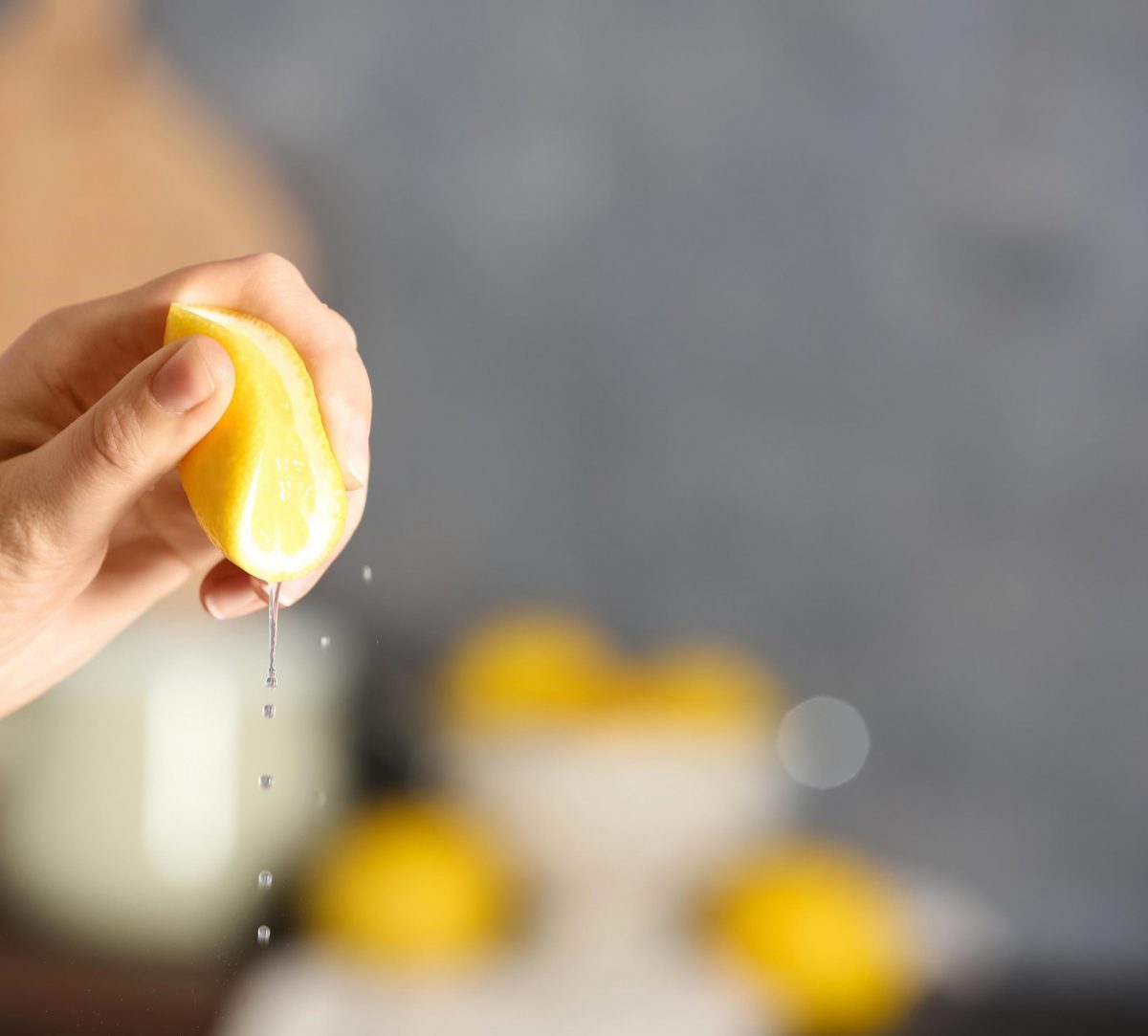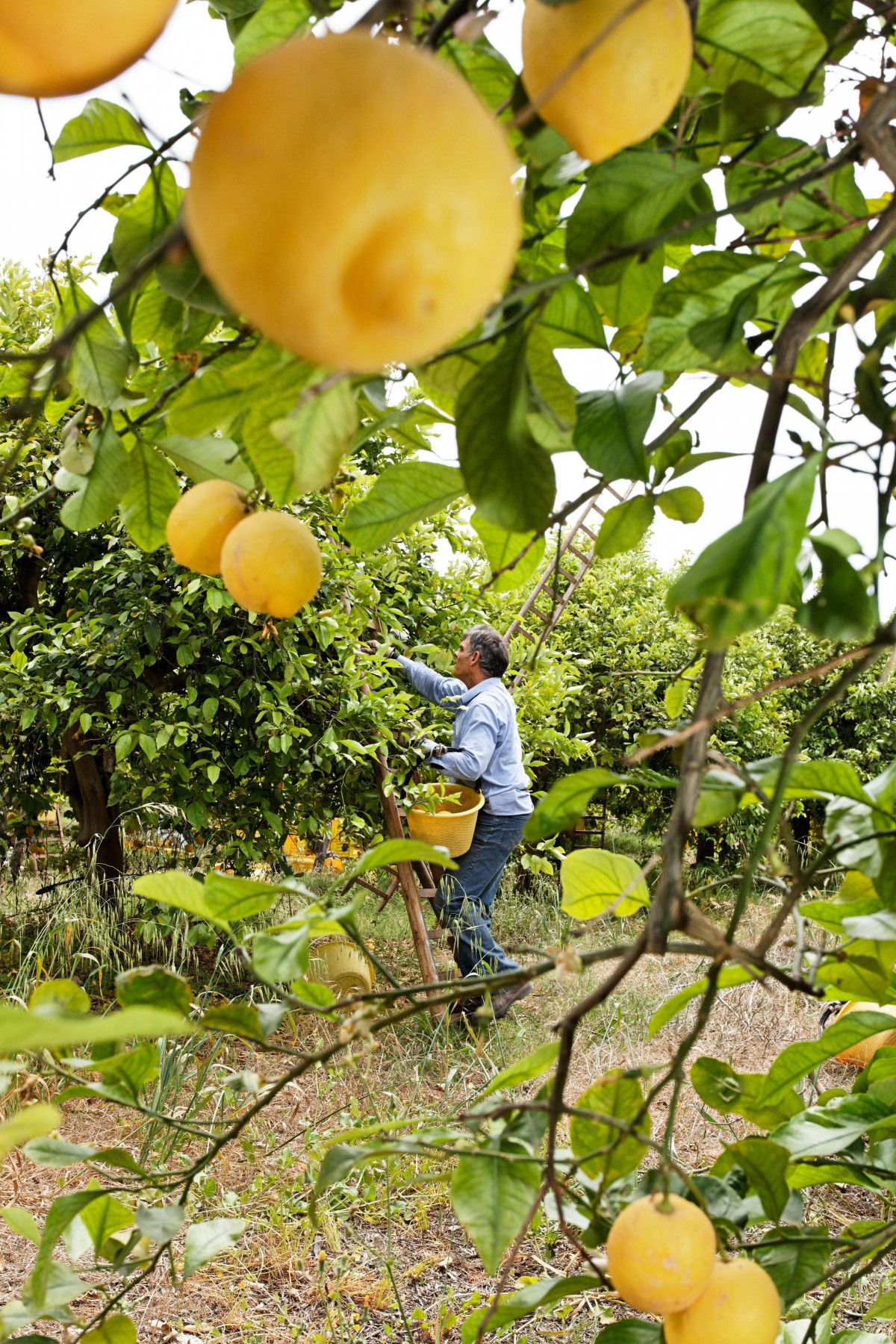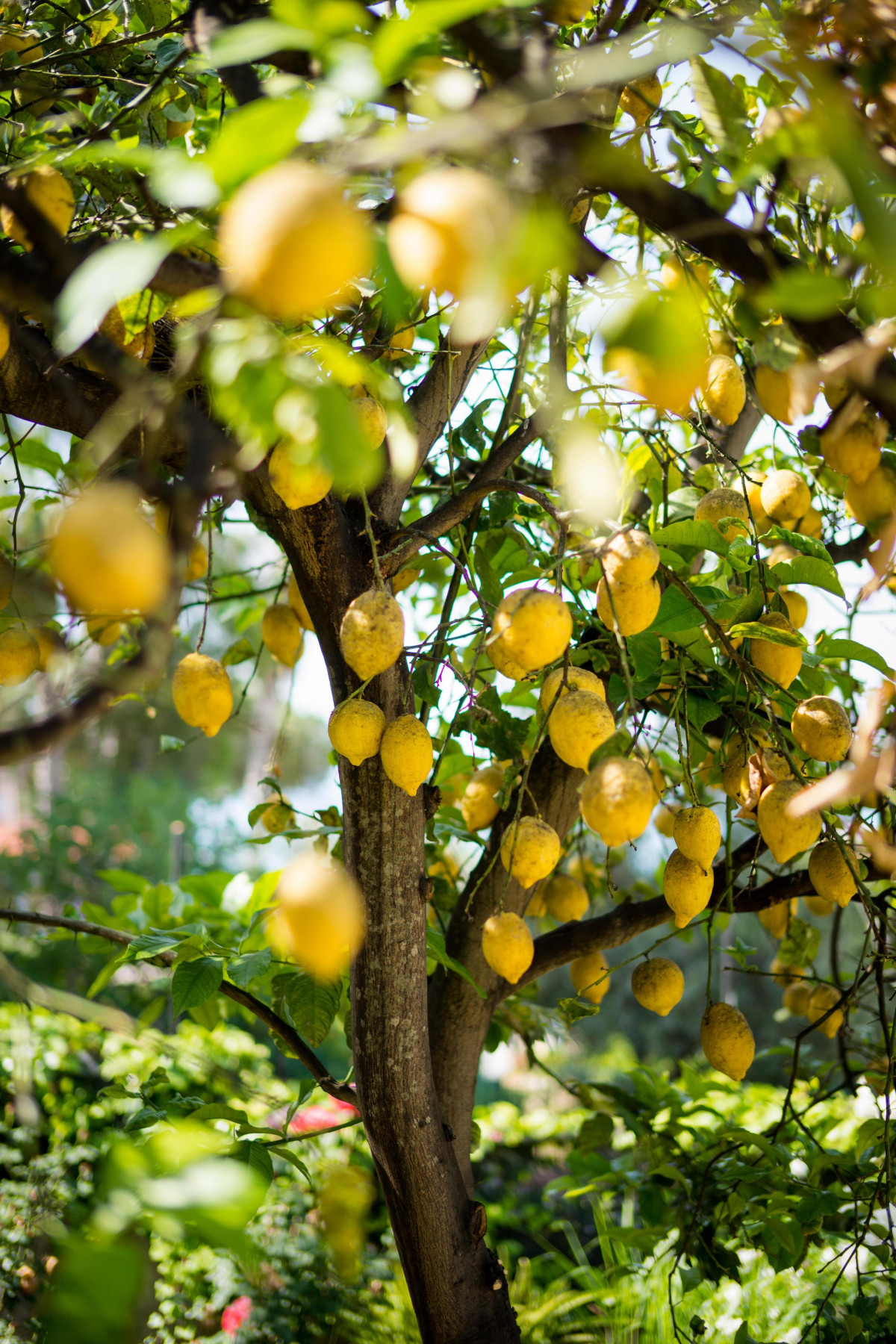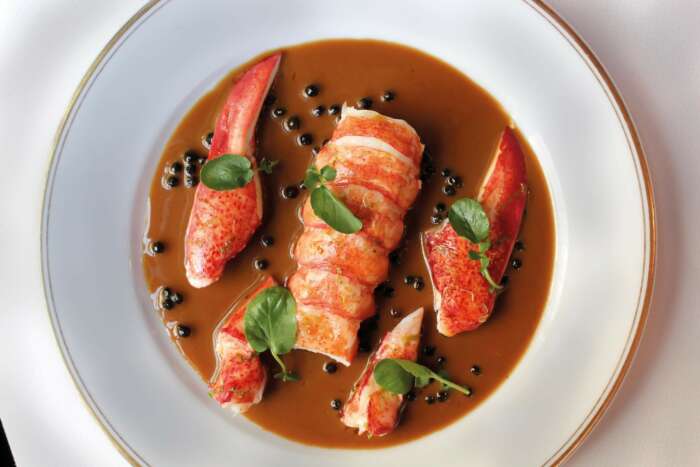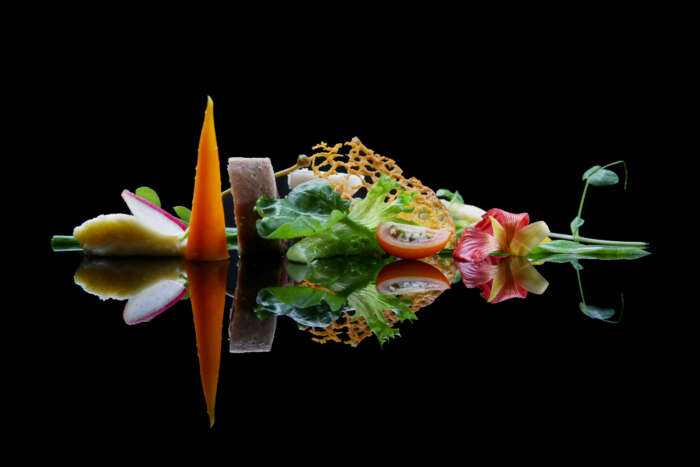They take lemons seriously in Sicily, and you can tell just how much when you pass the many delicately scented lemon groves that cover the island or see them piled high in the local markets. They take great pride in them too – ask the locals and they will tell you: ‘If it isn’t from Sicily, it’s not a true lemon.’
The gourmet chef’s secret weapon for salads, dressings and desserts and the distinguished bartender’s best way to help a cocktail shine by infusing it with that unmistakeable citrus zing, the Sicilian femminello siracusano – ‘Siracusa Lemon’ – has a particularly distinguished reputation reaching back more than a millennium thanks to its delicious juice and abundant supply of essential oils. The world’s perfumers have long prized the Siracusa Lemon too, and many a fragrance owes its sweeter notes to this little piece of Sicilian sunshine.
But, quite apart from being delectable and refreshing, they’re splendid for your health as well. The most obvious benefit is their famously generous supply of vitamin C, which is also an effective antioxidant, while their potassium content can help with high blood pressure too. Furthermore, studies have also found that lemons can help with weight loss, prevent kidney stones, protect your teeth and even give your hair a pleasant shine. So, the next time you see something appealing on a menu or behind the bar that has lemons in it, you can indulge with a clear conscience and tell yourself it is for the good of your health.
Brought to the island by Arab traders in the ninth century, the harvest of the Siracusa Lemon has changed surprisingly little over the past millennium and a rustic Sicilian of centuries past would recognise a great deal. It’s still completed by hand, taking the fruit straight off the plant, and each year sees three flowerings – the primofiore (‘first flower’) between October and March, the bianchetto from April to June, and the verdello from July to September. The importance of the Siracusa Lemon to the region’s communities can’t be overstated, and Siracusa Lemons even feature prominently in the celebration of Siracusa’s patron saint, Santa Lucia, every December.
Today, the Siracusa Lemon is officially recognised under EU law as having Protected Geographical Indication – just like Champagne and Cognac – and careful attention to sustainability is protecting it for future generations too. In these days of wanting to know where our food comes from, the story behind it and the benefits for wellbeing, these Sicilian lemons are quite the stars. Just remember: ‘If it isn’t from Sicily, it’s not a true lemon.’
